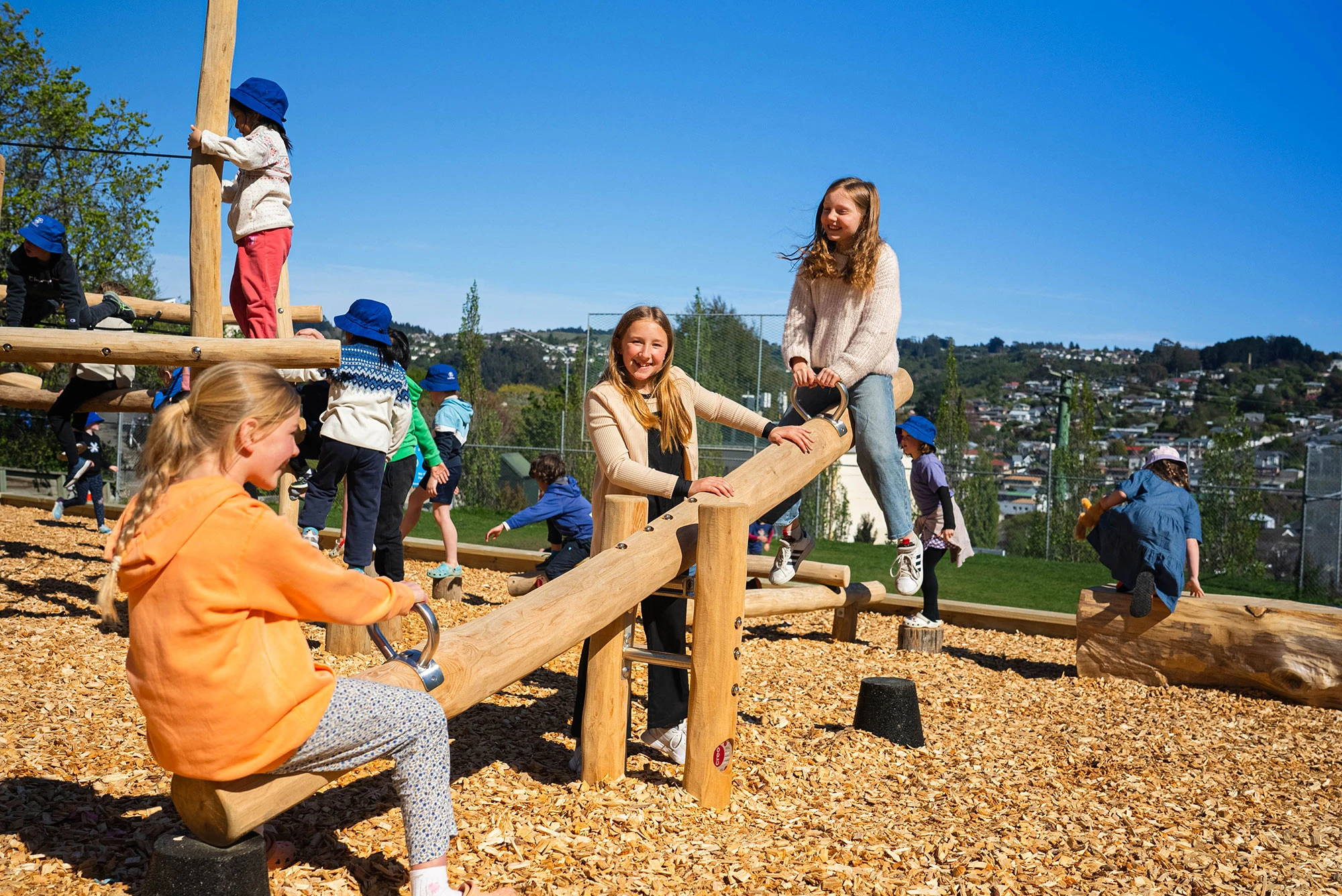
Enrolment
Starting school is a significant milestone in your child’s life. At Kaikorai Primary School, we are committed to making this transition a positive, welcoming, and enriching experience.
We believe that happy children learn best, so our focus is on creating a secure and supportive environment where your child feels comfortable and confident from day one. We highly value strong partnerships with whānau and encourage open communication to ensure a smooth start for every new student. Please feel free to reach out to your child’s teacher or myself to discuss their progress or any concerns.
Our curriculum is dynamic and engaging, with termly themes that integrate all learning areas. We also place great emphasis on developing well-rounded students, offering a variety of sporting, cultural, and social opportunities to help children discover and develop their interests.
We look forward to welcoming you and your child to our Kaikorai whānau. If you would like further information or a guided tour, please contact me directly: principal@kaikorai.school.nz
Important: If you live outside our school zone, please note applications for 2026 have now closed.
Beth Downie
Principal